AI PCs, or Artificial Intelligence Personal Computers, represent a new frontier in computing. These machines stand out from traditional PCs primarily because they’re designed with built-in Intelligence capabilities that optimize performance, enhance user interaction, and even anticipate your next move. Picture a computer that doesn’t just execute commands but learns from what you do to serve you better.AI integration in Personal Computers started a while back. Over the past years, computers have evolved from basic calculators to complex communication devices. Now, with AI joining the scene, PCs have taken a significant leap forward, aiding not just software developers and tech geeks, but also assisting business workers and home users to manage tasks more efficiently.
So, why is AI such an interesting topic in today’s world? To answer the question, one needs to focus on what it does. AI refers to the development of computer systems capable of performing tasks that typically require human intelligence. These tasks include recognizing speech, making decisions, solving problems, identifying patterns AND it encompasses a wide range of technologies, including machine learning, deep learning, and natural language processing (NLP). So what does all of this mean? Artificial Intelligence isn’t just about robovacs cleaning up your living room or self-driving cars running around one’s neighborhood. Rather, AI targets millions of people currently using computers, smart phones, and tablets, to offer them a newer way of computing by streamlining processes, improving security features, and most importantly personalizing the user experience. It’s more than just adding bells and whistles to existing machine/device architectures; it is essentially an improved engineering concept that allows for efficient work environments, better improved gaming experiences, and providing a step up when using computers and smart phones anywhere for any purpose.
What To Look For In a AI PC
At its core, an AI PC mixes together the following components within one computer case: a powerful CPU which is often integrated with a Neural Processing Unit (NPU), a Graphics Processing Unit (GPU), a specially designed Motherboard, adequate amounts of Memory, and an adequate amount of Storage Capacity in the form of a Solid State Drive (SSD) – all creating one big digital cocktail. The end result: AI tasks such as learning operations, the answering of questions, understanding different languages, data analysis, visual creations, design engineering work (CAD), and gaming will occur with speed and precision that’s hard to believe.
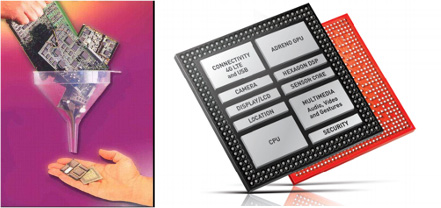
Choosing the right AI PC can feel a bit like navigating a tech jungle, but with a bit of know-how, you can make it through with confidence. A computer designed with artificial intelligence and having the right combination of hardware can make a world of difference when satisfying user needs, so it’s worth the time to examine and understand the following areas when choosing an AI PC:
1. AI Specific Processors
Processors are the heart of the matter here. For AI-intensive tasks, you want a Central Processing Unit (CPU) with multiple cores and high processing power. Think of it as the brain power your new setup needs to run complex AI algorithms swiftly and smoothly. More cores within a processor generally mean faster performance and better multitasking capabilities, perfect for those intense AI workloads. As a definitive example only – Intel® Core™ i9 Processors have 24 cores and Intel® Core™ i7 Processors have 20 cores.
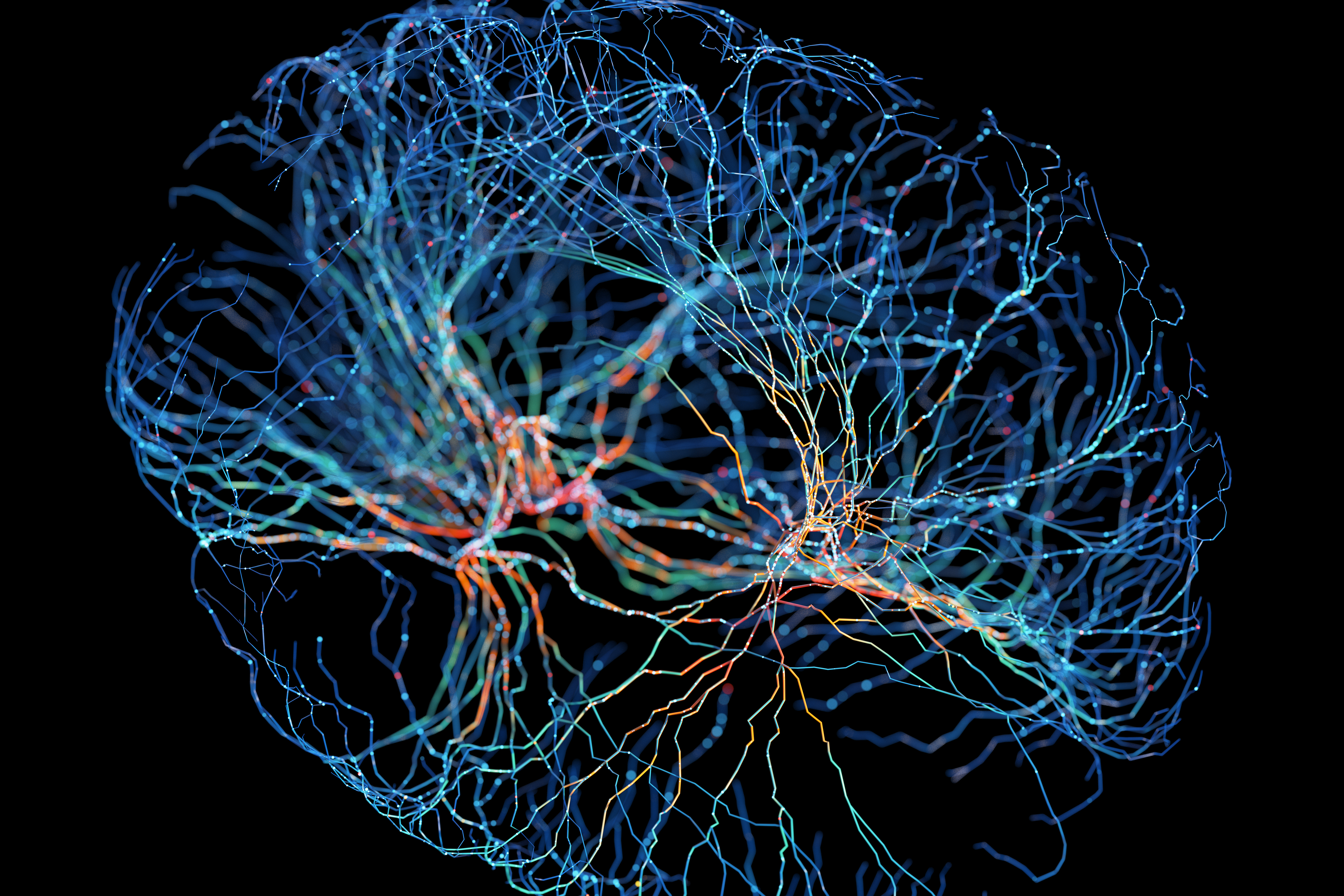
Also, when picking out a fast and powerful CPU for AI tasks, make sure there is an NPU (Neural Processing Unit) known as an AI chip or AI accelerator integrated with the processor itself. An NPU isn’t a separate device that you buy and plug into a slot on the motherboard. Instead, an NPU is a chip “packaged” within the CPU itself. Now keep in mind, the CPU, which is a computer’s core processor, is not the same as the NPU, even if it is packaged within the CPU. The CPU is responsible for executing instructions and running programs while an NPU is an additional processor that lives in the same house, designed specifically for accelerating neural network operations and AI tasks. An NPU delves into Generative AI which is a form of artificial intelligence that can make things like text, pictures, or music without being told exactly what to create. It learns from examples and uses this learning to produce content that looks human-made. It can run certain generative AI programs like GPT-4, Stable Diffusion, or Dall-E. An AI PC will accelerate neural network operations and Generative AI tasks, and that’s really what AI PCs are all about.
Brand Processors for AI PCs with discrete NPUs
- Intel Core Ultra processors: Intel has been a frontrunner in AI with it’s latest Core Ultra Processors. These processors provide a solid CPU with a strong NPU plus a good GPU (graphics chip) for visual performance giving additional AI support.
- AMD Ryzen AI processors: – gets you the most powerful NPU. AMD Ryzen processors offer AI capabilities on their Ryzen 7 8700G or Ryzen™ 8000 G-Series
chips - NVIDIA continues to impress with its AI-centric advancements, both in
Processors and Software - Qualcomm Snapdragon X Elite processors – offers the best combination of
powerful NPU and CPU performance. These processors are impressive for supporting AI work - Apple M3 and M4 processors – allow access to the Apple Intelligence AI software
suite. M3 and M4 processors are built to support Apple Intelligence AI work on a
variety of their phones , laptop and desktop computers.
If you’re using mostly cloud-based AI software, you can choose a less powerful processor with NPU, because the cloud server will run the AI model for most of your AI usage. However, don’t negate the fact that you’ll still want a PC with a processor having a core count of 8 or greater to get a timely response for selected AI tasks.
2. Random Access Memory (RAM)
Look for something robust, like 16GB at a minimum or even a higher amount for serious AI workloads. RAM is crucial for handling large data sets and running multiple applications without hiccups. Keep in mind, there are laptop computers that will not allow you to add additional RAM because the RAM is soldered onto the motherboard (termed as an onboard chip) – so do your homework and talk to the brand manufacturer before making a choice.
3. Storage Capacity
As for storage is concerned, a Solid State Drive (SSD) is your best bet. A SSD has fast read/write speeds that are essential when you’re dealing with AI software and data. A SSD with 512GB to 1TB capacity is your best bet and even a larger SSD (2-4 TBs) compliments intense workloads.
4. Motherboards
Qualcomm, AMD, Intel, and Nvidia all provide excellent motherboards for AI PCs.
5. Connectivity
Having enough ports on a AI PC is important – the more the merrier. Thoroughly examine the specs on the brand and model of AI PC you are choosing. PS2 ports are used for a keyboard and mouse. USB ports for items like an external drives and/or a flashdrive. Ethernet ports for networking. VGA , LPT1, and Game ports for attaching printers, monitors, or a joystick for gaming. HDMI and/or DisplayPort for transmission of high-definition video and audio signals. And finally, don’t forget ports to plug in speakers and a microphone.
6. Thermal Management
Make sure, when picking out an AI PC that you talk to the seller or the brand manufacturer concerning thermal management centering on the equipment. You need to ensure the system stays cool during heavy AI tasks, and who is better to talk to than the people who make the equipment. NPUs, in particular, aid in thermal cooling by lessening the CPU workload, so this is another good reason to not overlook choosing an AI PC with a good NPU.
What’s A Good Pick: Suggested Examples
When weighing your options in choosing a good AI PC, consider brand reputation and read through customer reviews. This helps not just in avoiding buyer’s remorse but also in ensuring that you’re getting a reliable, well-supported machine. As always, balance your needs with your budget, and you’ll land the AI PC that fits you like a glove. The majority of AI PCs in the market are laptop computers, but be aware of the fact that you can also have an AI PC that is a Desktop tower or an All-in-One computer. The following suggestions are offered based off of customer reviews, components offered, and user needs required.
- Dell Precision 3490 Workstation – This laptop computer is designed for Artificial
Intelligence and compliments business/work use – excellent for creative work. A powerful machine offering 32GB of memory and a 1TB SSD for storage capacity and applications. It excels in both GPU and CPU performance, making it ideal for complex AI algorithms. Along with having an NPU, it features a Intel® Core™ Ultra 7 high performance processor paired with an NVIDIA RTX 500 Ada 4GB GDDR6 graphics card. In addition, you can choose to have a touchscreen option. - HP OmniBook Ultra Flip 2-in-1 Laptop Next Gen AI PC 14t-fh000, 14″ – This Hewlett Packard laptop is a powerful machine that excels in both GPU and CPU performance. It is ideal for AI intensive tasks. It can be configured with an Intel® Core™ Ultra 9 288V processor (up to 5.1 GHz, 12 MB L3 cache, 8 cores, 8 threads) + Intel® Arc™ Graphics + 32 GB(Onboard), making it one of the most formidable gaming systems on the market. Additionally, Its high-end specifications make it a great option for researchers, data scientists, and developers who need a robust workstation for deep learning tasks. With its impressive performance, this laptop can handle demanding AI applications with ease.
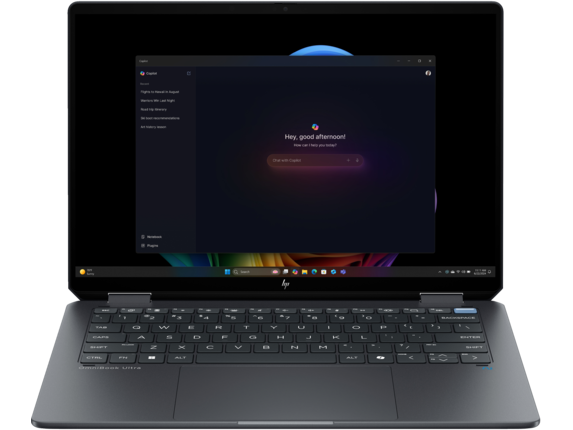
- ThinkPad P16v Gen 2 (16″ Intel) Mobile Workstation – The Lenovo ThinkPad P16v Gen 2 is another exceptional workstation designed for heavy AI workloads. It features an Intel® Core™ Ultra processor up to Intel vPro®, it is AI-ready with a Neuro Processing Unit, has an NVIDIA® RTX™ 2000 Ada Graphics card for high-end workloads & animations, can be configured with up to 96GB of RAM, and it can be comes with up to a 2TB SSD with the option of adding a second SSD for even more storage capacity. In addition, you can choose to customize it with a touchscreen option. Weighing just under 5 pounds, this portable powerhouse is perfect for AI developers and data scientists on the go. The Lenovo ThinkPad P16v strikes an excellent balance between performance and portability, allowing you to work on intensive AI tasks wherever you are.
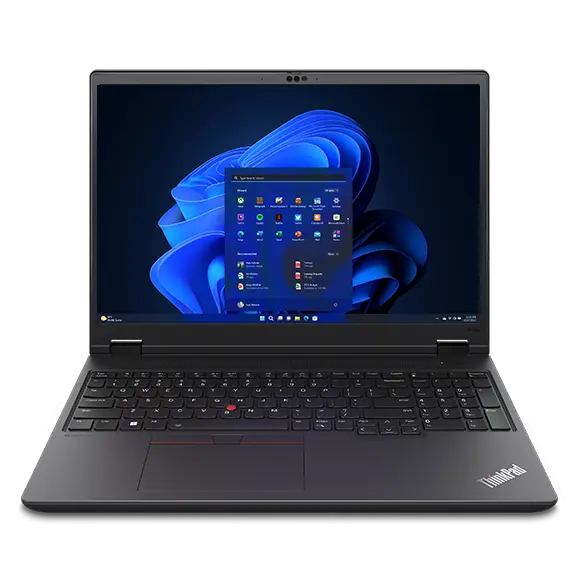
- Apple MacBook Pro 16-1nch – The 16-inch MacBook Pro is a great AI PC for developers working with AI oriented applications. This sleek device is equipped with a Apple M4 Pro 14‑core or 16-core processor chip, a 20‑core/32-core/40-core Graphics card, and a 16‑core Neural (NPU) Engine. It is more than AI ready! It can be configured with either 24GB or 48GB of Unified Memory. It does not have a touchscreen. Its combination of high-end specifications and portability makes the MacBook Pro an excellent choice for developers and researchers who want to work on AI projects while on the move. With its powerful performance and elegant design, the MacBook Pro is a reliable companion for anyone working in the AI space.

Setting Up Your AI PC: A Step-by-Step Guide
Once you’ve set up and turned on you’re AI PC, it’s time for the software side of things. Start by installing the essential drivers. These ensure that your hardware talks smoothly with any software. Keep an eye on updates; they can often enhance compatibility and performance.
Next, dive into configuring your PC’s settings. Tailor the machine to fit the way you work. This could mean adjusting the AI-specific settings or optimizing power management features to eke out every bit of performance available.
Afterward, installing software becomes your main task. Look into programs that are essential for AI tasks. This can include anything from data processing tools to more generalized productivity apps. Initially, just stick with the essentials. You can always add more later.
A nifty tip for keeping your system in check: regularly check for software updates and perform maintenance tasks like clearing cache and diagnosing potential issues. This keeps your AI PC running like a dream and helps avoid hiccups down the road.
Maximizing the Potential of Your AI PC
Having set up your AI PC and unleashing its full potential is the next step. The world of AI applications is vast and offers endless possibilities for creativity and productivity. Whether you’re exploring machine learning, playing with innovative graphic designs, or automating tasks, there’s plenty to dive into.
To ensure your AI PC runs at its best, regular maintenance is key. Think of it like tuning an instrument. Routine checks help catch pesky issues early. This includes defragmenting drives, updating software, and monitoring system health through built-in diagnostics. Simple acts that make a world of difference when it comes to performance.
Security is another top priority. AI PCs can handle tons of personal and sensitive data, so robust security measures are essential. Ensuring data privacy, managing permissions wisely, and maintaining a balance between leveraging AI’s productivity gains while mitigating risks is crucial. The development and adoption of AI PCs herald a new era of computing, promising enhanced efficiency but also demanding heightened security awareness and measures. Install reliable antivirus programs, keep firewalls active, consider encrypting sensitive files, require strong passwords, and require multi-factor authentication on user accounts. Be proactive with updates to shield against vulnerabilities.
Looking ahead, staying current with AI trends can keep you ahead of the curve. Whether it’s advancements in AI hardware, new software releases, or integrating AI in new fields, being informed helps you make the most of your setup. Explore online forums, tech news sites, and user communities to keep your finger on the pulse of new developments.
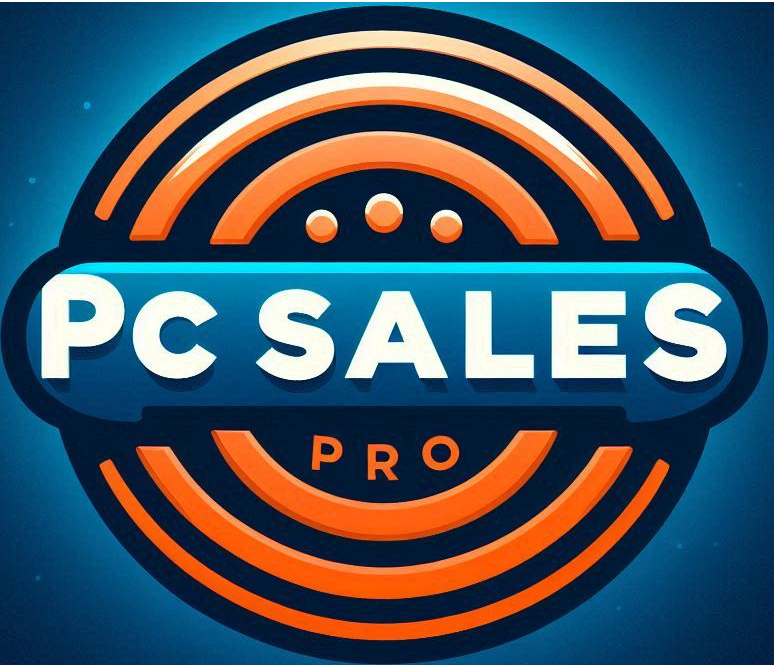
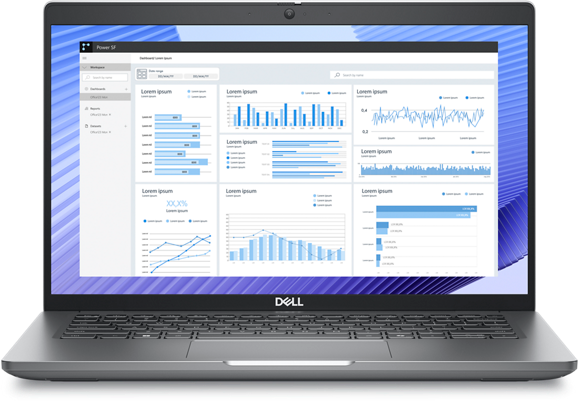
AI PCs open up an exciting discussion about the future of computing. Their ability to learn, optimize, and personalize experiences represents a major leap forward for both personal and professional use. The blend of cutting-edge hardware like NPUs and robust software capabilities enables AI PCs to handle complex tasks, from generative AI to data analysis, with remarkable efficiency. Whether you’re a developer, a gamer, or a casual user, understanding the key components—processors, RAM, storage, and more—can help you make informed choices and unlock the full potential of this transformative technology. What features do you think make AI PCs the most appealing?
The article “Choosing AI PCs” on PC Sales Pro is a fascinating and timely read for anyone exploring the future of computing. The breakdown of AI-enabled features, from intelligent resource management to advanced learning capabilities, paints a clear picture of why these PCs are becoming the go-to choice for tech enthusiasts and professionals alike. I appreciate how the article highlights practical use cases, such as improved productivity, personalized experiences, and even gaming enhancements, which make it easy to see how AI PCs can fit into different lifestyles and needs.
What really stands out is the focus on helping readers make informed decisions. By detailing key factors to consider, such as processing power, software compatibility, and long-term scalability, the article empowers readers to select a PC that truly aligns with their goals. The emphasis on balancing performance with affordability is particularly insightful, especially for those new to AI-powered technology.
One aspect I’d love to explore further is how AI PCs handle data privacy. As these machines become smarter and more integrated into our lives, protecting personal information will be critical. Have you come across any standout features or practices in AI PCs that ensure robust data security? It’d be great to hear your insights!